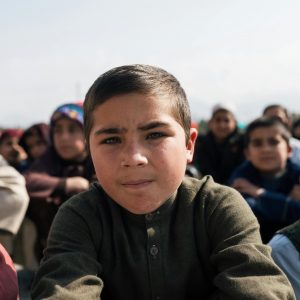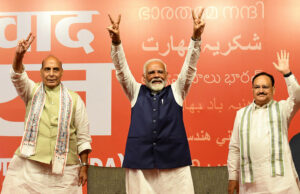African women rise: Nobel laureates rally behind female leadership
DAKAR, Senegal (MNTV) – Several of Africa’s Nobel peace laureates have come together to highlight the transformative role of women in achieving peace and stability across the continent.
Speaking at the Women’s Forum for Peace in Dakar, the laureates emphasized that Africa’s future hinges on empowering its female leaders.
According to a report by AllAfrica, Ellen Johnson Sirleaf, former President of Liberia and Nobel laureate, led the rallying cry. “When women lead, peace follows,” she said, urging governments and civil society to prioritize gender equality not just in words but through concrete action.
Participants pointed to numerous studies showing that peace processes led by women are more inclusive and more likely to result in lasting agreements. Yet, women remain underrepresented in political negotiations and post-conflict reconstruction across Africa.
The gathering also addressed the alarming surge in conflicts across the Sahel, the Horn of Africa, and central Africa. The laureates argued that women are often the first to feel the impact of war but are rarely included in shaping solutions.
Leymah Gbowee of Liberia, another Nobel laureate, stressed that empowering women is not just a moral imperative but a strategic necessity. “We cannot expect to rebuild broken nations by excluding half the population,” she said.
The forum called on international organizations, including the United Nations and African Union, to enforce gender quotas in peacebuilding initiatives and ensure that women’s voices are central to decision-making.
Grassroots activists at the event shared success stories, from women-led mediation efforts in Somalia to youth programs in Nigeria that have prevented the spread of extremist ideologies.
The laureates also announced a new mentorship program aimed at training young African women in conflict resolution, diplomacy, and governance, with hopes of creating a new generation of peacebuilders.
As Africa confronts increasing instability, the laureates’ message is clear: women’s leadership is not an option, but a prerequisite for a more peaceful and resilient future.











